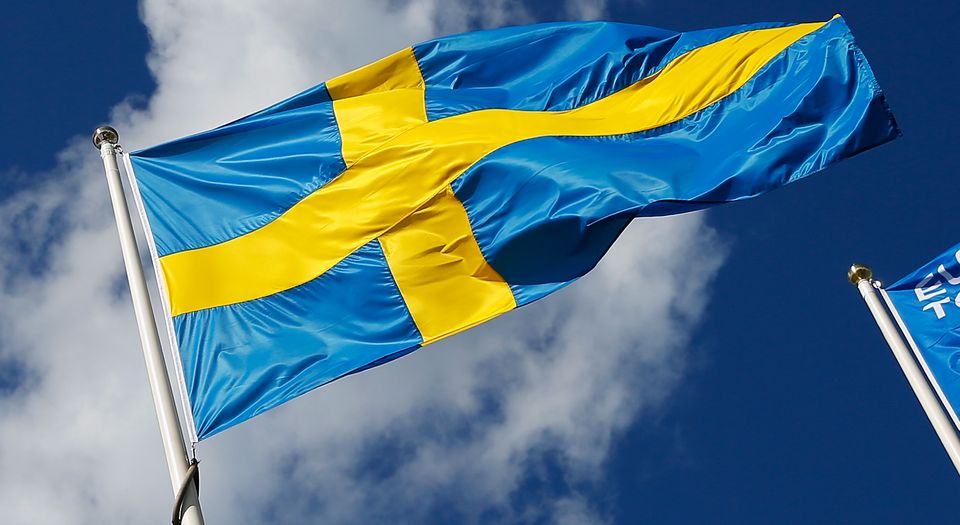The lesson of Sweden? Defend free speech
Stifling open debate about migration is a terrible mistake.

Want to read spiked ad-free? Become a spiked supporter.
Few in Sweden have escaped the circus of its migration politics. During the migration crisis of 2015, we had the somewhat dubious claim to fame of receiving record-breaking numbers of asylum-seekers. A year later, in Spring 2016, the ruling Social Democrats closed the borders. For a while, calling attention to problems in Sweden’s immigrant-dominated suburbs would have you branded an alarmist or a racist. Then in January 2018, the Swedish PM Stefan Löfven said he would consider using the military to curb gang violence in those same suburbs (a comment he later retracted). More recently, the Social Democrats have proposed a ban on all religious schools, clearly aimed at those of the Muslim faith. No party in the Swedish parliament supported such a ban a couple of years ago.
Those concerned with immigration have held Sweden up as a warning of the consequences of open-door migration. But the deeper problem in Sweden is one of public discourse, debate and freedom of speech. You see, Sweden has a consensus culture. The Overton Window is so notoriously narrow that it has been termed the ‘opinion corridor’. And when you’re hurtling down the corridor, unable to see what is around the next corner, much less the one after that, you never know where its twists and turns will take you. Opinions that would have had you vilified a few years ago are now part of the political mainstream, and frankly this can feel downright creepy. Sweden should not be a warning of how not to handle migration – it should be a warning of how not to handle public discussion.
Proposals such as the one to ban religious schools, a deeply intolerant and authoritarian idea, are exactly the sort of thing you get when public opinion changes on a dime, when conflicts have not been properly hashed out in public debate. It used to be said that open-door migration would save the economy and welfare state (rather than put strain on them) and that talk of cultural differences between the Middle East and Sweden was just racist myth-making. Yet now, Islamism is the issue du jour, and the political class is desperate to signal that it is doing something about it, with little thought paid to civil liberties.
Clearly, there are multiple perspectives on the immigration issue. We only need to compare the rhetoric of 2015 to that of 2018. But without a time machine, it is impossible to have a debate between those perspectives. This is why different perspectives must be allowed to coexist, at the same time, openly and freely. The culture of consensus, however, silenced those whose opinions were in essence a few years ahead of their time. The public discourse came to be bogged down in tiresome meta-debates, where those with the opposing view always proclaim ‘We must be able to discuss these matters’, rather than actually advancing their view.
Free debate is the mechanism by which we address conflicts of opinion. Free speech is what allows us to have battles of ideas with words instead of weapons. Caring about free speech should mean resisting the urge to cozy up to the culture of consensus, the culture of fake agreement. Much has rightly been made of the problem of political polarisation, but not nearly as much has been said about the problem of political homogenisation. Both are toxic to public discourse. The former makes for awkward conversations at the family dinner table, the latter buries difficult conversations. Wherever opinion corridors can be found, their walls must be torn down, so that the full width of opinion can be seen and heard. Or else the corridor will take a new and sudden turn, and we will all wonder how we ended up there.
Hugo Brundin is a writer and student based in Sweden.
Picture by: Getty
Who funds spiked? You do
We are funded by you. And in this era of cancel culture and advertiser boycotts, we rely on your donations more than ever. Seventy per cent of our revenue comes from our readers’ donations – the vast majority giving just £5 per month. If you make a regular donation – of £5 a month or £50 a year – you can become a and enjoy:
–Ad-free reading
–Exclusive events
–Access to our comments section
It’s the best way to keep spiked going – and growing. Thank you!







Comments
Want to join the conversation?
Only spiked supporters and patrons, who donate regularly to us, can comment on our articles.